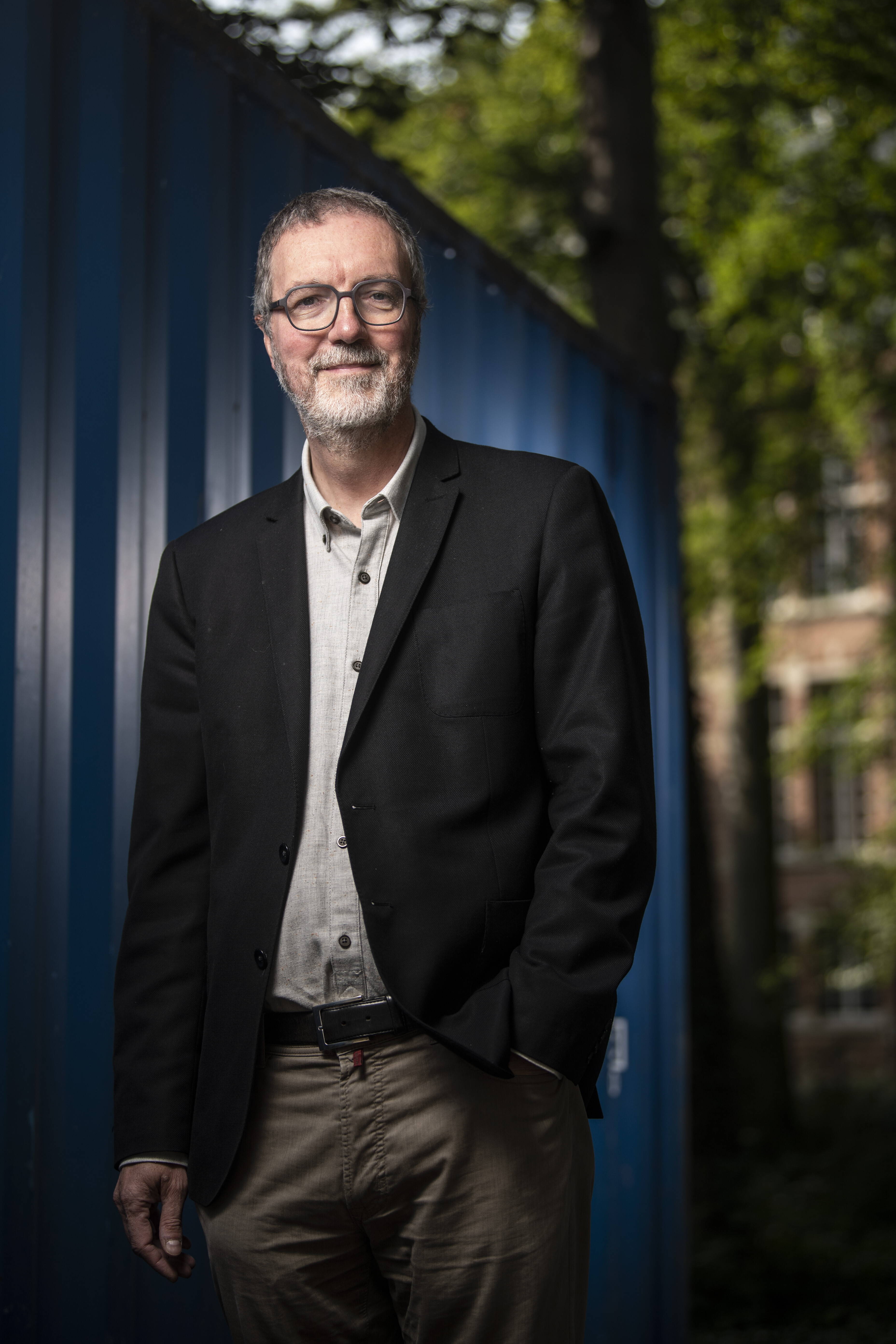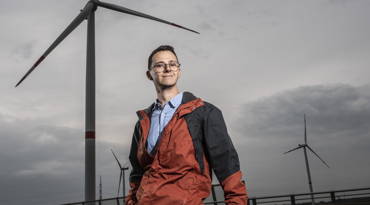Minerals and metals play a key role in Europe’s transition to renewable energy and achieving climate neutrality by 2050. But with logistics chains disrupted and international trade relations troubled, will there be enough metals to achieve that goal?
Urgent action is needed this decade to prevent Europe from facing a shortage of metals essential for achieving its high energy transition goals. That is the conclusion of Metals for Clean Energy, a KU Leuven report commissioned by Eurometaux, the European non-ferrous metals association.
‘Metals are indispensable for achieving Europe’s energy goals’, said Karel Van Acker, professor for the circular economy and the report’s coordinator. ‘The production of batteries and electric motors for e-vehicles alone accounts for 60 percent of the demand for metals related to the energy transition.’
Hydrogen technology, solar panels and wind turbines also require metals. Minerals and metals released as by-products during the production of zinc play an important role in this, amongst others in extending the
lifespan of steel. According to the International Zinc Association (IZA), global demand for zinc is set to increase from 20 million tonnes in 2019 to 28 million tonnes in 2050.
More recycling
But there’s no need to panic just yet’, says Karel Van Acker. ‘We can still deliver on climate goals if Europe takes action in three areas. Firstly, we need to strengthen our value chain for minerals and metals, making our continent less dependent on other regions. We need to look for new extraction sites in Europe. Around 23 percent of the zinc needed in Europe is already mined in our continent.’
Secondly, Europe needs to be more active in sourcing metals globally. Karel Van Acker: ‘Building and strengthening trade relations with reliable intercontinental suppliers is crucial.’ Finally, Europe needs to work on increasing and upgrading metal recycling. ‘That boosts the circular economy and gives used metals a new lease of life, while decreasing demand for new materials.’


Rising prices
While such improvements are long-term possibilities, the KU Leuven report is less rosy on European metal stocks in the short term.
‘Demand for lithium, cobalt, nickel and copper is set to increase sharply’, said Karel Van Acker. ‘There will be a global rush, demand will outstrip supply, and prices will shoot up over the next decade. Moreover, you can’t recycle products such as electric car batteries until they have reached the end of their lifespan. While
If climate goals are to be met, Europe must strengthen its own value chain for minerals and metals.
Karel Van Acker,
KU Leuven Rrofessor for the Circular Cconomy
batteries are already being recycled, this recycling will only really take off in the next few years. And new technologies such as organic solar panels are not yet achieving sufficient performance levels.’
The conclusion? Europe can gain more sustainable access to strategic metals if it recycles better, invests in the domestic value chain and procures metals more actively on the global market. ‘But urgency is key’, concludes Karel Van Acker. ‘Otherwise, the energy transition, which we so desperately need, is at risk of slowing down.’


